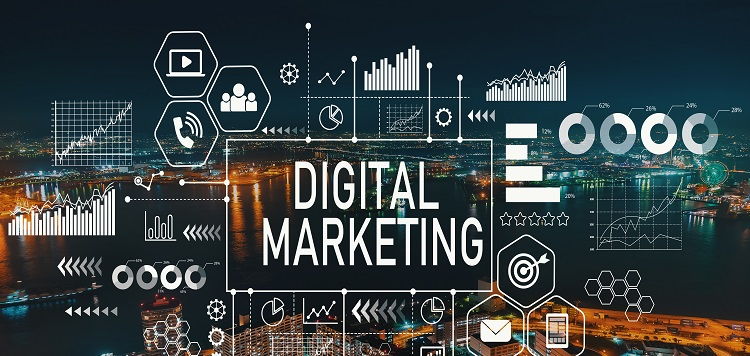Undoubtedly, 2020 was a year of unprecedented change, accelerated by the Covid-19 pandemic that shook the world. As the year finally came to a close, many businesses looked forward to applying their learnings to 2021 and beyond. However, marketers should not only focus on the aftermath of 2020; they should also keep an eye on 2023, as it is shaping up to be a transformative year for the digital marketing industry. Let’s explore the reasons behind this.
Understanding AI as a disruptor
Artificial intelligence (AI) is considered a disruptor as it is already transforming industries such as healthcare, finance, and retail. Digital marketing is also expected to be affected by its effects. AI has the ability to process large volumes of data quickly and deliver insights at a scale and speed unmatched by humans. This could be a significant advantage for marketers aiming to create personalized, data-driven experiences for their customers.
The All-or-Nothing Fallacy in AI
Some marketers believe that AI is an all-or-nothing technology, meaning that if you decide to use it, you must use it for everything. However, this is a false belief. AI can offer tremendous benefits, but it is not a solution for everything. The human touch, intuition, and creativity are still highly valued in digital marketing. Innovation is essential to digital marketing, and creativity fuels innovation. Instead of replacing human creativity, AI can be seen as a tool to enhance it.
Content generators can be useful writing aids for those who need assistance with generating ideas, organizing their thoughts, and improving their writing style. These tools involve the use of artificial intelligence to create content based on particular criteria, such as a topic, keyword, or tone.
One type of content generator is an article rewriter, which can help writers rephrase or paraphrase sentences and paragraphs to avoid plagiarism and improve the flow of their writing. Another type is a writing prompt generator, which provides writers with a variety of creative prompts that can help jumpstart the writing process.
Despite their benefits, content generators should not be used as a replacement for human creativity and critical thinking skills. Rather, they are best utilized as writing aids that can help improve existing work or provide inspiration for new ideas.
Content generation tools such as MarketMuse and Clearscope can assist human writers in overcoming writer’s block by searching the internet for data and converting the findings into comprehensive content briefs. These tools use AI algorithms to determine the most effective topics, keywords, and questions to optimize content for search engine algorithms, providing writers with more time to create high-quality content rather than conducting time-consuming research.
Creating Rank-Ready Content with AI
One of the primary advantages of artificial intelligence in digital marketing is its capability to generate content ready for ranking. With AI, you can create content briefs that are competitive, filled with relevant keywords, and ready to rank. This feature can help businesses get discovered by consumers searching for keywords that are relevant to their products and services. Additionally, the AI-generated content briefs can be utilized to develop an overall content strategy. This can assist in producing consistently high-quality content that resonates with the audience and ranks well in search engine results.
Looking ahead to 2023, it is clear that AI and ML will play a central role in the future of digital marketing. These technologies bring the power of data and insights to every aspect of the marketing funnel. It is important, however, to view AI and ML as tools for augmentation rather than replacements for human creativity and intuition. By striking the right balance between the two, companies can unleash the full potential of these technologies and offer exceptional experiences to their customers.

